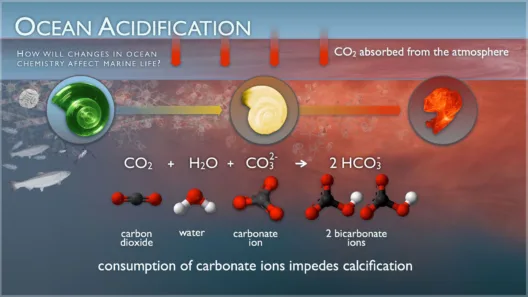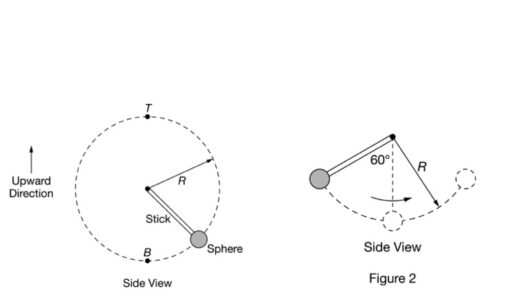When we engage in discussions about the conservation of energy, we often encounter a plethora of definitions and interpretations. This concept transcends simple definitions, enveloping various disciplines and necessitating a nuanced understanding. Fundamentally, conservation of energy refers to the principle that energy cannot be created or destroyed; it merely transforms from one form to another. This principle is pivotal in a multitude of scientific fields, including physics, chemistry, and environmental science.
Defining Conservation of Energy:
The most prevalent definition stems from the First Law of Thermodynamics, stating that the total energy of an isolated system remains constant. This can be articulated mathematically as the equation (E_{text{initial}} = E_{text{final}}). In practical terms, if energy appears missing, it has merely converted into another form, such as heat, light, or sound. For instance, when fossil fuels combust to power vehicles, the chemical energy stored in the fuel is transformed into kinetic energy, which propels the vehicle, alongside thermal energy released into the atmosphere.
Energy Transformation Versus Energy Conservation:
To delve deeper, it is essential to differentiate between energy transformation and conservation. While conservation emphasizes the balance of energy within an isolated system, transformation focuses on the processes that change energy from one form to another. This distinction becomes especially salient when considering renewable energy sources such as solar or wind power. Here, solar energy captures radiative energy from the sun, converting it into electrical energy, which can be used for various applications. Despite the transformation, the energy remains conserved throughout this intricate process.
Broader Implications of Energy Conservation:
Beyond physics, the notion of energy conservation engenders a broader discourse about sustainability and resource utilization. In environmental contexts, conservation of energy prompts a shift in perspective, urging individuals and societies to recognize the finite nature of natural resources. This paradigm shift is instrumental in addressing issues like climate change, resource depletion, and environmental degradation. By understanding the imperatives of conserving energy, we cultivate a culture that respects and safeguards our planet’s resources.
Practical Applications:
Conservation of energy manifests in everyday practices, encouraging efficiency in consumption. Simple measures such as turning off lights when not in use or utilizing energy-efficient appliances can significantly minimize energy usage. Furthermore, innovations like smart grids and energy storage systems exemplify sophisticated approaches to conserving energy on a macro scale. By leveraging technology, societies can optimize energy distribution and mitigate wastage, showcasing a commitment to sustainability.
Incorporating Renewable Energy:
As we pivot towards renewable energy, the conservation of energy also embodies a commitment to harnessing sustainable sources. The transition to renewables is not merely a trend; it is a necessity. Wind, solar, hydro, and geothermal energy offer viable alternatives to fossil fuels, reducing greenhouse gas emissions and promoting environmental stewardship. By investing in renewable technologies, societies can fortify their energy strategies while simultaneously conserving finite resources.
The Role of Education:
Another pivotal component in promoting conservation of energy lies in education. Instilling knowledge about energy conservation practices in schools, communities, and businesses fosters a collective responsibility toward sustainable energy use. Educational initiatives can encompass workshops, online resources, and community campaigns aimed at raising awareness and encouraging individual actions that contribute to broader environmental goals.
Policy Interventions:
Investigating the role of policy is crucial to understanding how conservation of energy can be integrated into societal frameworks. Governments play an influential role in shaping regulations that promote energy efficiency and conservation practices. Incentives for businesses that adopt renewable energy technologies, tax credits for homeowners who invest in energy-efficient upgrades, and strict regulations on emissions are a few examples of how policy can drive meaningful change.
Challenges and Obstacles:
Despite the compelling arguments for conserving energy, various challenges impede progress. Economic factors, societal norms, and infrastructural limitations often pose barriers to implementing energy-efficient practices. Additionally, resistance to change due to established behaviors can present significant hurdles. Addressing these complexities requires a concerted effort from all stakeholders—individuals, businesses, and governments alike—to foster an environment that embraces conservation strategies.
The Future of Energy Conservation:
Looking ahead, the future of energy conservation will be increasingly intertwined with technological advancements. Innovations in energy storage, smart technology, and carbon capture systems are on the rise, promising novel ways to manage and conserve energy effectively. As society navigates the realities of climate change, the urgency for transition towards a more sustainable energy future becomes paramount. The ongoing discourse around energy conservation is not merely academic but is a clarion call for action and ingenuity.
Conclusion:
In summary, the term conservation of energy is multifaceted and rich in implications. By comprehensively understanding the definitions, principles, and practical applications associated with this concept, we embrace a shift in mindset—a dedication to conserving not just energy but also the delicate balance of our environment. As we collectively strive toward sustainable practices, we contribute to a legacy that honors and preserves the resources available to us for generations to come.








